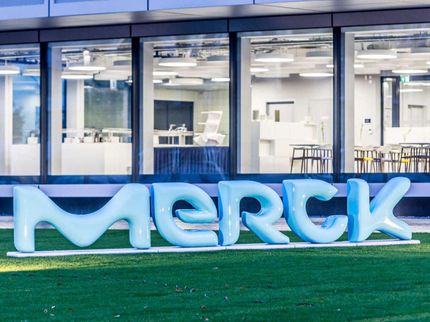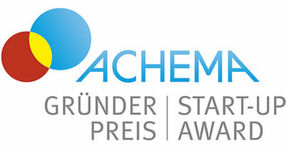Use of Artificial Intelligence in Drug Development
WACKER, CordenPharma, LMU and HU Berlin Train Machine Learning Algorithm for the Formulation of RNA Actives
Advertisement
Together with Munich’s Ludwig Maximilian University (LMU) and the Humboldt University of Berlin (HU Berlin), Wacker Chemie AG and CordenPharma International GmbH have launched a project to accelerate the development of RNA-based drugs. The aim is to develop a new generation of lipid nanoparticles (LNPs), which are a key component of RNA-based pharmaceuticals. Based on these formulations, a machine learning algorithm is to be trained that automatically identifies the best constituents for new RNA formulations – as yet a particularly time-consuming and costly development stage. The three-year project will start on April 1, 2023 and is receiving funding of some €1.4 million from the German Federal Ministry for Economic Affairs and Energy.

Symbolic image
Computer-generated image
Following the success of RNA-based COVID-19 vaccines, pharmaceuticals that contain RNA as an active ingredient are credited with great medical potential. The development focus is not just on vaccines for infectious diseases here, but also on treatments for cancer and hereditary diseases. Various actives with different lipid-nanoparticle compositions are being investigated across the globe. With their joint project, WACKER, CordenPharma, LMU and HU Berlin have made it their goal to accelerate the development of RNA-based drugs. In order to achieve this, the partners are developing a new generation of lipid nanoparticles (LNPs) and a machine learning system for RNA formulation, which is to reduce both the development time and costs.
The partners have different roles in the project. WACKER manufactures the RNA molecules and thus supplies the core component of the RNA-based pharmaceuticals. Alongside messenger ribonucleic acid (mRNA), which is prioritized in clinical applications, WACKER is also producing other RNA molecules for the project, such as self-amplifying RNAs (saRNAs) and circular RNAs (circRNAs). The company is testing new manufacturing processes specifically for these. “Different types of RNA molecules have various properties, are suitable for a variety of applications and are manufactured in different ways,” explains Dr. Hagen Richter, head of nucleic acid research at WACKER, who is responsible for coordinating the project. “saRNA and mRNA currently primarily find use in vaccine development. circRNAs are characterized by high stability, which makes them particularly suitable for treatments in which actives need to be released more slowly and for longer.” In recent years, WACKER has already gained expertise in the manufacture of mRNA in accordance with GMP (Good Manufacturing Practice) guidelines.
Together with HU Berlin, CordenPharma will be developing building blocks for nanoparticles, so-called modified lipids. These ensure that actives safely enter the body and are released at their destination. “The development of lipid nanoparticles (LNP) for RNA formulation is a complex process that requires specific lipids. In the past, LNP optimization primarily relied on screening functional lipids using traditional experiments, which was costly and time-consuming. Now, machine learning, which is a branch of artificial intelligence, will be used to find the relationship between functional lipids and efficiencies of mRNA vaccines in cell culture experiments, allowing us to develop a new generation of proprietary lipids with improved functionalities to obtain even more powerful active ingredients,” says Dr. Adriano Indolese, Global Head of Development & Innovation at CordenPharma International. CordenPharma and HU Berlin will synthesize the novel lipid components and analyze them physicochemically in combination with various RNA molecules. The cellular functionality of the formulations will then be tested in cell-culture experiments at LMU. This will show how targeted and well actives are released. Screening of different RNA types in combination with the modified lipids should yield as broad a database as possible.
The data obtained from the physical, chemical and biological analysis of the LNPs and the various RNA molecules will be used to train a machine learning algorithm for RNA formulations. The concept of machine learning is that as artificial intelligence, an algorithm learns from examples and, upon completion of the learning phase, is able to generalize them. More specifically, the system, which will be set up at LMU, is to use the properties of the LNPs to match them exactly to different RNA molecules and, ultimately, treatment forms. After the learning phase, the algorithm should be able to allocate suitable formulations to any given RNA molecule. Once the system has undergone the training, the final phase of the three-year project is to check the system’s functionality in a specific application. The German Federal Ministry for Economic Affairs and Energy is sponsoring the joint project with some €1.4 million.






















































